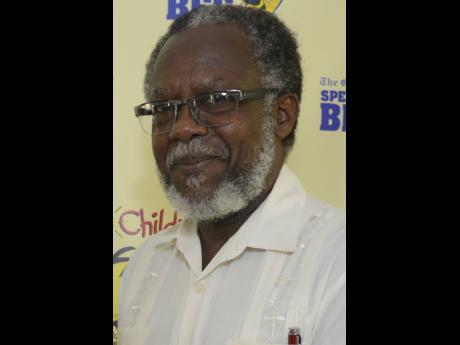Custos calls for policy on JP recordings
WESTERN BUREAU: Hanover Custos Dr David Stair is hoping that the leaked footage of a medical examination of murder accused Rushane Barnett will lead to a policy addressing how justices of the peace (JPs) treat with sensitive recordings so they do...
WESTERN BUREAU:
Hanover Custos Dr David Stair is hoping that the leaked footage of a medical examination of murder accused Rushane Barnett will lead to a policy addressing how justices of the peace (JPs) treat with sensitive recordings so they do not get into the public domain if permitted at all.
Late last week, a video of the examination surfaced online as he was being interrogated in the presence of four justices of the peace, one of them a medical doctor, while being held in custody for the murder of a Clarendon woman and her four children several days ago.
It had been alleged that Barnett was being assaulted in police lock-up, triggering the examination with the accused stripped down to his underwear in the six-minute video.
Leaks could compromise cases
Expressing concern that leaked video recordings could compromise cases, Stair said he was not convinced that interactions with JPs should be recorded. He noted that recordings were not addressed in the training manuals given to JPs.
“Because this (recording) occurrence is something new, the authorities will have to take a position on this and develop a policy around it,” he told The Gleaner. “I do not think that this is a position that should be encouraged going forward because it can create problems.”
Andre Lawrence, president of the Hanover Justices of the Peace Association, also believes the recording could affect court proceedings, also noting that recordings were not covered in his training.
“I believe that as a professional – because JPs are supposed to act as professionals – there are certain things that should guide your actions, especially when it has to do with a person who is before the court,” he stated.
Lawrence argued that once a person is before the court, all information relating to the person or the case should be confidential.
“I totally condemn what transpired in regard to that video, with the information being videoed and sent out to the public,” he stated.
While stating that there was nothing wrong with the way the interview was conducted, St James Lay Magistrates Association President Egerton Forrester said it was “very unfortunate” that the video got into the public domain.
He argued that the JPs were carrying out a regular part of their duties in doing the interview, adding that whereas the regulation does not state that videotaping is a regular medium through which evidence can be collected, it also does not state that it should not be used.
“It begs the question as to whether or not sending material gathered in this way should be done in a particular way, and whether or not a policy ought to be developed around this matter,” Forrester stated.
“All videotaping does is remove any element of doubt or opinion. Videotaping is much more objective, as long as it is not tampered with,” he stated.
Meanwhile, the Lay Magistrates Association of Jamaica said the release of the video, “whether intentionally or otherwise, taints the impartiality of the role of the justice of the peace”

